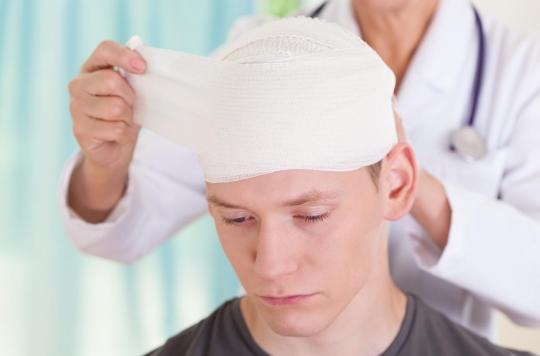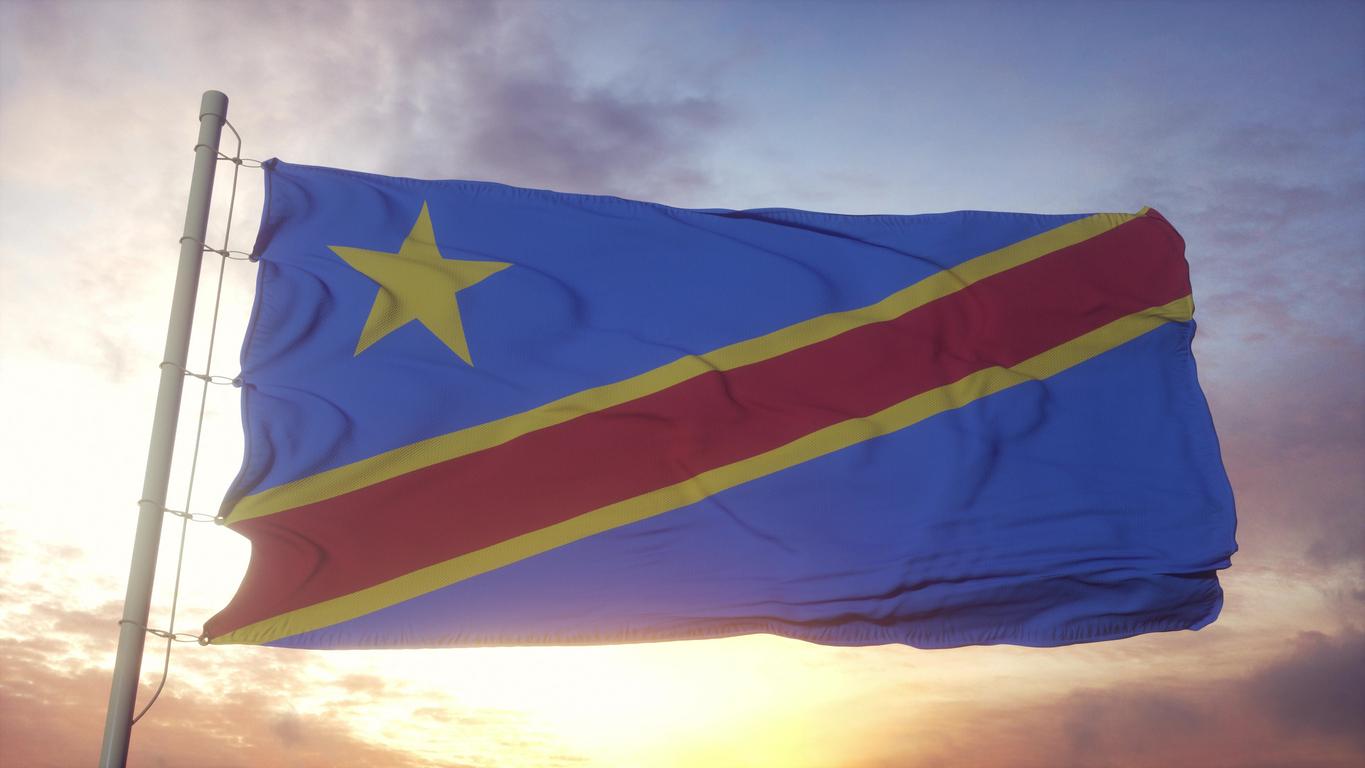While many patients who have suffered head trauma have difficulty sleeping properly following the shock, exposing them to blue light early in the morning would help regulate their biological clock, thus speeding up their remission.

Mild head injuries can be caused by car accidents, fights, falls, or athletic mishaps. Their consequences damage brain cells. This is why, following the shock, many people feel disoriented, but many are unaware that they have suffered a concussion and sometimes end up with symptoms that last for weeks or even more than a year (15% patients). Among them are headaches, confusion, dizziness, memory loss, fatigue and disturbed sleep. To remedy the problem of sleep, which obviously affects the capacity for reflection and recovery of patients who complain of it (about 50% of people with mild traumatic brain injury), researchers have discovered that exposing them to early morning blue light was very effective. The results of their study appeared in the journal Neurobiology of Disease.
“Mild traumatic brain injuries, commonly referred to as concussions, are one of the most common injuries suffered by military personnel and are a major health problem worldwide (…) Currently, there are virtually no effective treatments for concussions (…) We looked for a non-pharmacological (or non-drug) method to help people”, explains William Killgore, professor of psychiatry at the University of Arizona in Tucson (United States), main author of the study, at the site Medical News Today.
“Because sleep is so important to brain health and recovery, we thought that improving the timing and duration of sleep could lead to faster recovery from mild traumatic brain injury,” continues Killgore. It has indeed been proven time and time again that, following an injury, sleep facilitates the production of new insulating brain cells called oligodendrocytes. “Without sufficient restorative sleep, brain tissue repair will likely be slowed or incomplete,” Killgore details.
Blue light suppresses the production of melatonin by the brain
For their study, funded by the US Army Medical Research and Development Command, the researchers therefore followed 32 adults with mild traumatic brain injury and exposed them to blue light from a device in the form of a cube for thirty minutes every morning, early, for six weeks. Result of the observations: blue light suppresses the production of melatonin by the brain, a chemical substance that makes us drowsy.
As a result, participants who used blue light therapy fell asleep and woke up an hour earlier than before the experiment and were less sleepy during the day. Their brain processing speed and efficiency also improved, as did their visual attention.
Using blue light, they were therefore able to reset their brain’s internal clock, which helped them fall asleep earlier and stay asleep, the researchers explain, because the most restful sleep occurs when it’s in tune with the body’s natural circadian rhythm.
The effects of blue light on patients with post-traumatic stress
“Blue light is one of the brain’s main timekeepers. Exposure to blue light, like sunlight at dawn, tells the body that it’s morning and time to stop sleeping. It makes you more alert during the day and ticks the clock to tell you when you should go to sleep later,” says William Killgore.
Thus, “our results suggest that morning exposure to blue light helps restore the normal sleep-wake cycle each day, which maximizes the ability to sleep better during the night and thus allows better recovery after a concussion”, he concludes.
His team is also studying the effects of blue light on the sleep of patients with emotional disorders such as post-traumatic stress disorder. Scientists are also interested in the potential of blue light to boost alertness in healthy people.
The blue light controversy is far from over
Thus, according to this study, blue light, regularly criticized by science for its negative effects on sleep and the concentration of young people who spend too much time on their screen at night, is not bad in itself. You just have to use it at appropriate times so as not to disturb your sleep by tricking your brain into thinking it’s morning.
However, recently, American researchers have on the contrary demonstrated that blue light was beneficial for the biological clock in the evening because it is closer to the natural light of dusk than that, yellow and bright, of the day. “Research has already shown that aligning our body clocks with our work and social life schedules can be good for our health. Appropriate use of color could help us achieve this better,” they noted at the time.
Finally, some scientists remain convinced that blue light is harmful in itself, regardless of the time at which the body is exposed to it. A few months ago, working on flies, researchers noticed that those exposed to blue light lived shorter than the others. “The fact that light accelerated aging in flies initially surprised us very much. We had measured the expression of certain genes in old flies and found that stress response and protective genes were expressed if the flies were kept in light. We hypothesized that light would regulate these genes. Then we started thinking about what’s harmful to them in light, and we looked at the spectrum of light. It was very clear that while light without blue slightly shortened their lifespan, only blue light significantly shortened their lifespan,” they explained.
.
















